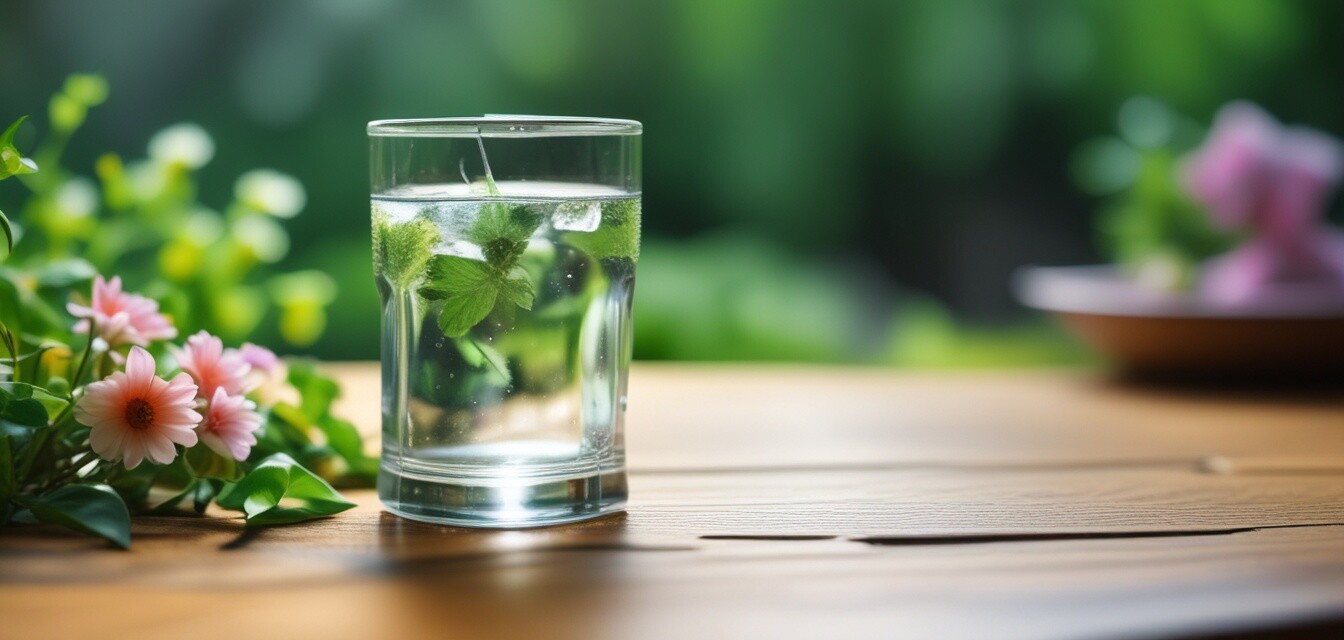
The Role of Hydration in Allergy Management
Key Takeaways
- Staying hydrated can help alleviate some allergy symptoms.
- Water plays a crucial role in maintaining optimal body function, especially during allergy season.
- Simple strategies to improve hydration include carrying a water bottle and eating water-rich foods.
- A balanced hydration strategy can enhance overall well-being.
Managing seasonal allergies often involves numerous strategies, from getting the right medications to optimizing your home environment. One crucial yet often overlooked aspect is hydration. In this article, we will explore the importance of hydration in managing allergy symptoms and provide effective strategies for maintaining proper hydration.
The Link Between Hydration and Allergy Symptoms
Allergies can lead to a range of uncomfortable symptoms, including congestion, sneezing, and itchy eyes. Dehydration can exacerbate these symptoms by drying out mucous membranes, making it harder for your body to clear allergens effectively. Proper hydration supports healthy mucous production and helps flush out allergens from the body.
How Hydration Affects Allergies
| Effect of Hydration | Impact on Allergies |
|---|---|
| Maintains mucous membrane moisture | Reduces congestion and throat irritation |
| Aids in detoxification | Helps in getting rid of allergens and toxins |
| Supports overall body function | Enhances immune response to allergens |
| Reduces fatigue | Prevents allergy fatigue and improves energy levels |
Effective Hydration Strategies
Now that we understand the importance of staying hydrated during allergy season, here are some effective strategies to help ensure you’re getting enough fluids:
- Drink Water Regularly: Aim to drink at least 8 glasses of water a day, and consider setting reminders on your phone.
- Keep a Water Bottle Handy: Always have a refillable water bottle with you to encourage regular sipping throughout the day.
- Incorporate Hydrating Foods: Foods like cucumbers, oranges, and watermelon are great sources of water. You can explore more options in our Tips and Best Practices blog category.
- Limit Dehydrating Beverages: Reducing consumption of caffeine and alcohol can help maintain hydration levels.
- Infuse Your Drinks: Add natural flavors to your water with herbs, fruits, or vegetables to make it more enjoyable and encourage increased consumption.
Monitoring Your Hydration Level
One effective way to monitor your hydration is by paying attention to your body. Here are some signs that may indicate you need to drink more water:
- Dark yellow urine color
- Dry mouth and thirst
- Fatigue or dizziness
- Headaches or muscle cramps
Additional Resources for Allergy Management
Along with hydration, other practices can complement your allergy management strategy. Check out the links below for more insights:
- Air purifiers can help filter allergens from your environment.
- Allergy medications can be effective in alleviating symptoms.
- Allergy-proof bedding can reduce nighttime exposure to allergens.
- Eye drops & treatments can alleviate eye irritation from allergens.
- Nasal & sinus care products can clear nasal congestion and support better breathing.
Conclusion
Proper hydration is an essential aspect of managing seasonal allergies. By drinking enough water and incorporating hydrating foods into your diet, you can support your body's ability to combat allergens and maintain overall health. Following the strategies outlined in this article can help you better prepare for allergy season.
Tips for Staying Hydrated
- Start your day with a glass of water.
- Set hydration goals and track your intake.
- Use a marked water bottle to visualize your progress.
- Replace sugary drinks with water as much as possible.
- Enjoy herbal teas for hydration with added benefits.
Pros
- Enhances overall wellness
- Improves energy levels
- May reduce allergy symptoms
Cons
- Overhydration can lead to imbalances
- Requires conscious effort to maintain intake